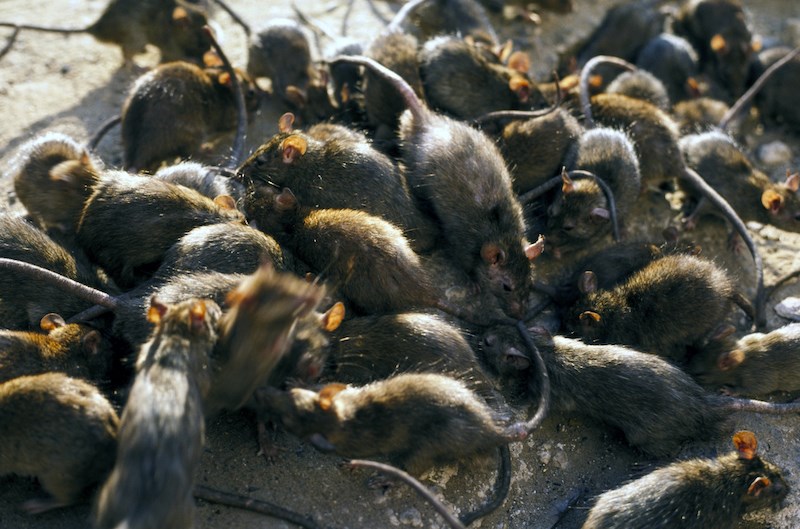Falling temperatures tempt most people indoors during the late fall and winter months — but it isn't only humans who seek shelter during the frosty season.
Orkin Canada says November's early snowfall and below-average temperatures in and around Metro Vancouver and across the province are a "clear sign that we’re in for a pest-packed winter ahead."
But it's not only the frigid Vancouver weather that bodes poorly for keeping households pest-free this winter.
The pest control company says that warmer autumns lead to a higher survival rate for many outdoor pests. As a result, you might spot more creepy crawlies and rodents in your home as they search for food and shelter.
Top pests to expect this winter in Canada
Based on this year’s seasonal data, Orkin Canada has compiled a list of top pests that homeowners and businesses should be on the lookout for this winter.
-
Rodents — Now that businesses have re-opened and people are eating out, rats and mice have more opportunities to scrounge easy meals and run through open doors. But they aren't just unpleasant pests to look at. Orkin notes that they spread disease, cause "major structural damage by burrowing through walls, and can even pose a fire hazard by gnawing on electrical wires."
-
Raccoons — During the winter months, scavengers like raccoons and skunks will "stop at nothing" to get their paws on an easy meal. As they scavenge for food, they can cause property/structural damage and also transmit parasites such as fleas, mites, and ticks.
-
Pest Birds — While most birds fly to the south for the winter, others take shelter in local homes and businesses. This can create drainage issues and fire hazards by nesting in building crevices, drains, and gutters.
-
Crawling Insects – Crawling insects, such as house centipedes, can cozy up in confined spaces like shoes during the winter. They bite or sting when they feel trapped and defensive.
-
Cockroaches - While they thrive in the wet spring months, cockroaches search for indoor shelter in cold weather, "carrying in harmful bacteria from your garbage and sewers straight to your kitchen countertops" — yuck!
-
Spiders - Spiders typically don't bite humans unless they feel threatened, but their venom can be toxic to humans. It can also develop into a secondary infection.




